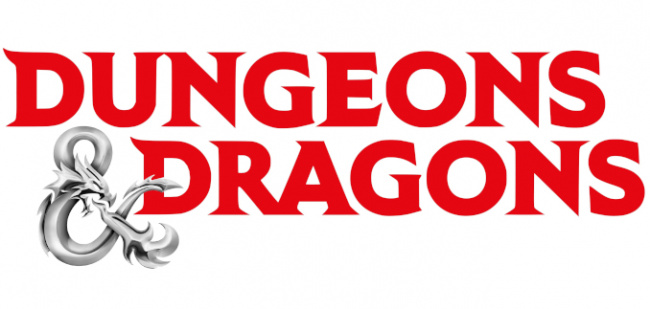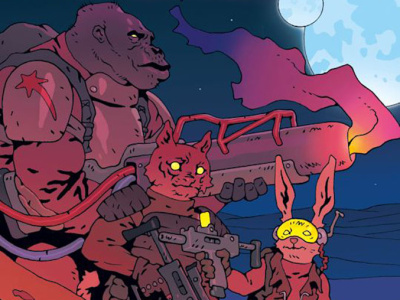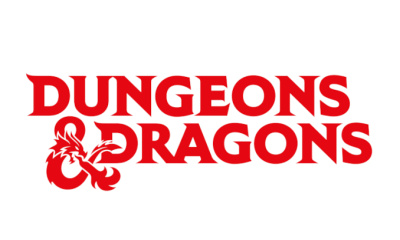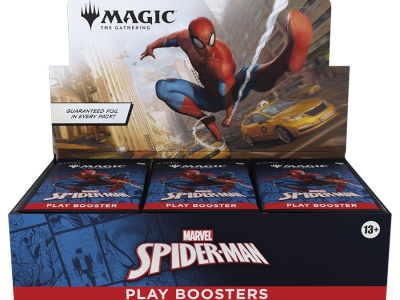The adventure gaming community, influencers, and media outlets took their voices to social media about a week ago, after reading Hasbro CEO Chris Cocks' interview with VentureBeat from the DICE summit. In this interview, he mentioned that Hasbro was attempting to integrate AI into various Hasbro toy and game lines. He said that they had done AI experimentation with Trivial Pursuit Infinite as well as a virtual Ouija for Halloween. However, the point of note that set several folks off was the following:
First off, we’re doing R&D efforts around AI. I think most major entertainment and IP holders are at least thinking about it. The key there is the responsible use of it...
This is cutting-edge technology... D&D has 50 years of content that we can mine. Literally thousands of adventures that we’ve created, probably tens of millions of words we own and can leverage. Magic: The Gathering has been around for 35 years, more than 15,000 cards we can use in something like that...
We can leverage all of that to be able to build very interesting and compelling use cases for AI that can bring our characters to life. We can build tools that aid in content creation for users or create really interesting gamified scenarios around them.
These few segments of the interview were enough to get creators, fans of creators, and anti-AI advocates fairly riled up, and tabletop content creators and influencers covered this story in the way one would expect. The consolidated reaction was more or less: "Chris Cocks is optimistic on AI for D&D and Magic? Did he learn nothing from the creator furor over OGL?"
Creators are very vigilant when they read news about corporate initiatives that could potentially threaten their future incomes such as the ones laid out in this interview (and rightfully so). A quick look back to the Great OGL Debacle of 2023 (see "OGL 1.1 Furor"), the shows a similar type of anger, but to a lesser extent. The lesser extent of the outrage was due to how the Hasbro CEO introduced the subject of AI this time around; he clearly chose his words carefully. Cocks framed the initiative as "AI experiments" as opposed to "immediate AI implementation," which is different from how the OGL changes were presented. The OGL changes were revealed by a leak from publishers that received a document in a somewhat behind-the-curtain fashion. This implied that the changes to OGL were imminent and not something the public was to know about immediately.
In this case, AI usage for Hasbro brands was presented as possibility and an option that needs further review, which removes impending implementation from the context of the statements.
This interview, at its core, was more of a conversation with analysts filtered through a tech media outlet as opposed to anything else. What was actually going on here can be summed up in the following pair of points:
Cocks is Still Big Tech to the Core. You have to remember which corporate culture Cocks came from before he was at Hasbro (see "CEO Resigns"). When he makes these types of statements in interviews, Cocks draws on knowledge and experience he gained as the Group Product Manager for Microsoft Xbox. Since he took over, Cocks has seemingly made a constant push for Hasbro to become less of a toy company and more of a technology company. He has displayed a borderline obsession with finding a way to mine more micro-transactions out of D&D and Magic online products as well as invigorating toy brands by adding new technology components to them. Cocks walks this path because he knows that being associated with Big Tech equals Big Money on Wall Street. Unfortunately for him, some members of the tabletop community interpreted his message as an outright threat to their careers.
This Product (Message) Was Not for You. Wizards of the Coast designers are big fans of telling people that not every product/content is for all people. This is a case where the message from this interview was aimed more at Wall Street than the tabletop gaming community. It was one of those instances that seem to happen from time to time, when Hasbro executives are talking to stock analysts, but the tabletop community is also listening and interpreting what is being said through their lens. This last happened when Cocks addressed stock analysts at their Fireside Chat event (see "Hasbro 'Fireside Chat'"). There is a particular example from that event in which Cocks is telling a story about the relative awareness of Wizards of the Coast brands Dungeons & Dragons and Magic: The Gathering at cocktail parties. This story came off as a little "out-of-touch with the groundlings" to many people listening to the chat.
A similar sort of thing happened with this interview. Cocks was talking to analysts through the interview, knowing that the mere mention of AI pipeline products has been routinely making stocks like Nvidia, Microsoft, and others skyrocket throughout 2023 into 2024. Cocks used the interview, with an outlet that predominantly covers video games, as an opportunity to capture a little of the AI spotlight for his company, perhaps in hopes of distracting analysts away from their floundering toy business (see "Hasbro Loses $1.06 Billion in Q4").
When Cocks talks about AI and experimentation with its application to various brands like D&D, Magic: The Gathering, Peppa Pig, or whatever, I try to translate these statements through a business lens as they are aimed at analysts as proof of progress and pipeline. Talk of AI and the future it is shaping is all the rage on Wall Street these days, and companies are trying to harness the zeitgeist to generate interest in their brands (and dividends). Hasbro, a company that has had a rough time living up to Wall Street analysts' expectations over the last year, is clearly trying to show people that it can capture some of AI's hotness, and the best way their CEO can help that along is to associate their hottest brands with the AI trend.
The opinions expressed in this column are solely those of the writer, and do not necessarily reflect the views of the editorial staff of ICv2.com.
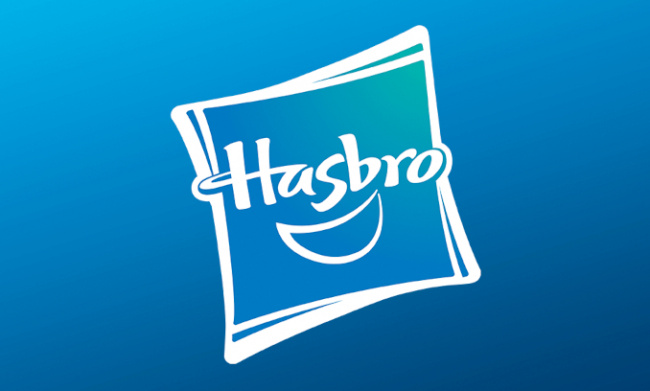
Column by Jeffrey Dohm-Sanchez
Posted by Jeffrey Dohm-Sanchez on March 25, 2024 @ 1:09 am CT
MORE GAMES
For Retail
August 25, 2025
Osprey Games unveiled Untamed Worlds , a new RPG book.
'Volume 2' Features New Promo Card
August 25, 2025
Bandai will release Tin Pack Set Vol.2 , for One Piece CG, into retail.
MORE COLUMNS
Column by Scott Thorne
August 25, 2025
This week, columnist Scott Thorne discusses Critical Role's decision to use Dungeons & Dragons 2024 rules over the Daggerheart RPG system in their newest campaign.
Column by Jeffrey Dohm-Sanchez
August 21, 2025
ICv2 Managing Editor Jeffrey Dohm-Sanchez continues to take a look at some of the issues revolving around Universes Beyond products.




